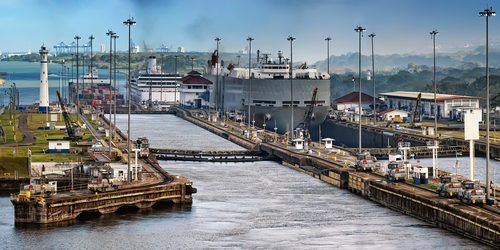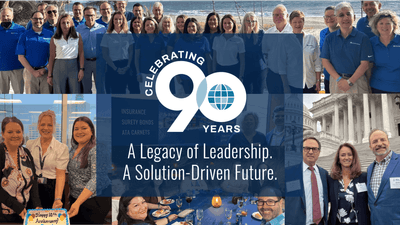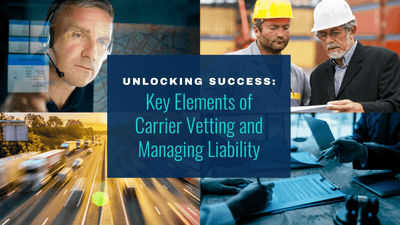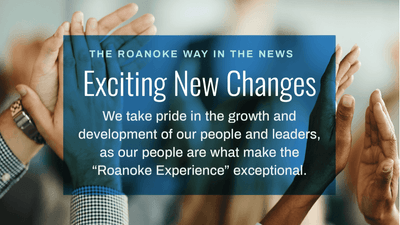May 13, 2016 | Industry Insights
Shipping Industry and Preparing for the New Panama Canal

The newly widened Panama Canal is set to re-open later this year, and just as it did 102 years ago the Canal will again be transformative for the shipping industry. How prepared are our seaports to accommodate the new generation of larger cargo ships that will be making their way through the Panama Canal? The larger canal is set to accommodate a new line of Post-Panamax vessels — supertankers, container and passenger ships, which will be able to hold upwards of 18,000 20-foot-equivalent units (TEUs).
According to an op-ed piece in The Baltimore Sun, written by Ray LaHood, a former secretary of transportation and the current co-chair of the bipartisan advocacy group Building America’s Future, the U.S. is lagging in its preparation for the Post-Panamax vessels. Harbors must have a depth of at least 50 feet for the vessels to enter, and right now while American West Coast ports can largely handle the bigger ships, only three East Coast ports — Baltimore, Norfolk and Miami — are deep enough to accommodate them. In addition, landside infrastructure must also be capable of moving millions of tons of goods, quickly and efficiently, to and from the port. As we discussed in a previous article, many of our seaports across the country are spending billions to accommodate these new ships, including the Port Authority of New York and New Jersey. This is not only deepening their harbors, but also increasing their bridge heights and transforming their infrastructure to accommodate larger vessels that bring with them more cargo and potentially more business. In fact, raising the height of the Bayonne Bridge from 151 feet to 215 feet to accommodate the larger ships has been underway at a cost of $1.3 billion.
La Hood is not the only one voicing concern over our preparedness to handle this new age of shipping. Officials from the U.S. Maritime Administration, the Federal Maritime Commission and the U.S. Merchant Marine Academy have been calling on Congress to prioritize maritime and freight investments, saying that underinvestment in ports is a major concern as container ships grow larger, which means more cargo must be unloaded into increasingly tight spaces. Also, ports face unique operational challenges as they move ever-expanding volumes of cargo between ships, trucks and rail lines. “Freight congestion in and around our nation’s ports continues to grow and will be exacerbated by ever-larger mega containerships and growing multi-partner shipping alliances,” said Paul “Chip” Jaenichen, the administrator of the U.S. Maritime Administration.
In early March, we saw some headway with the U.S. Department of Transportation announcing that $2 billion in unspent earmarks can be freed up for states to use for new investments in infrastructure. Also, last year, Congress past the FAST Act, which initiates multiple freight programs including a new $4.5 billion competitive grant program, prioritizing “nationally significant freight and highway projects” in urban and rural areas across the country. The program not only awards grants to a wide variety of applicants, such as metropolitan planning organizations, port authorities, and other multi-state entities, but also covers an expansive number of eligible projects beyond highways, including those connected to major intermodal and port-related facilities. The FAST Act also launches a new $6.3 billion freight formula program, aiming to target investments on a newly designated “National Highway Freight Network” in addition to other critical urban and rural freight corridors.
Roanoke Trade specializes in providing the shipping and global services industry with insurance solutions. As the industry expands and transforms, we are positioned to respond to the challenges our clients face. For more information about our products and services, please contact us at 1-800-ROANOKE (800-762-6653).













